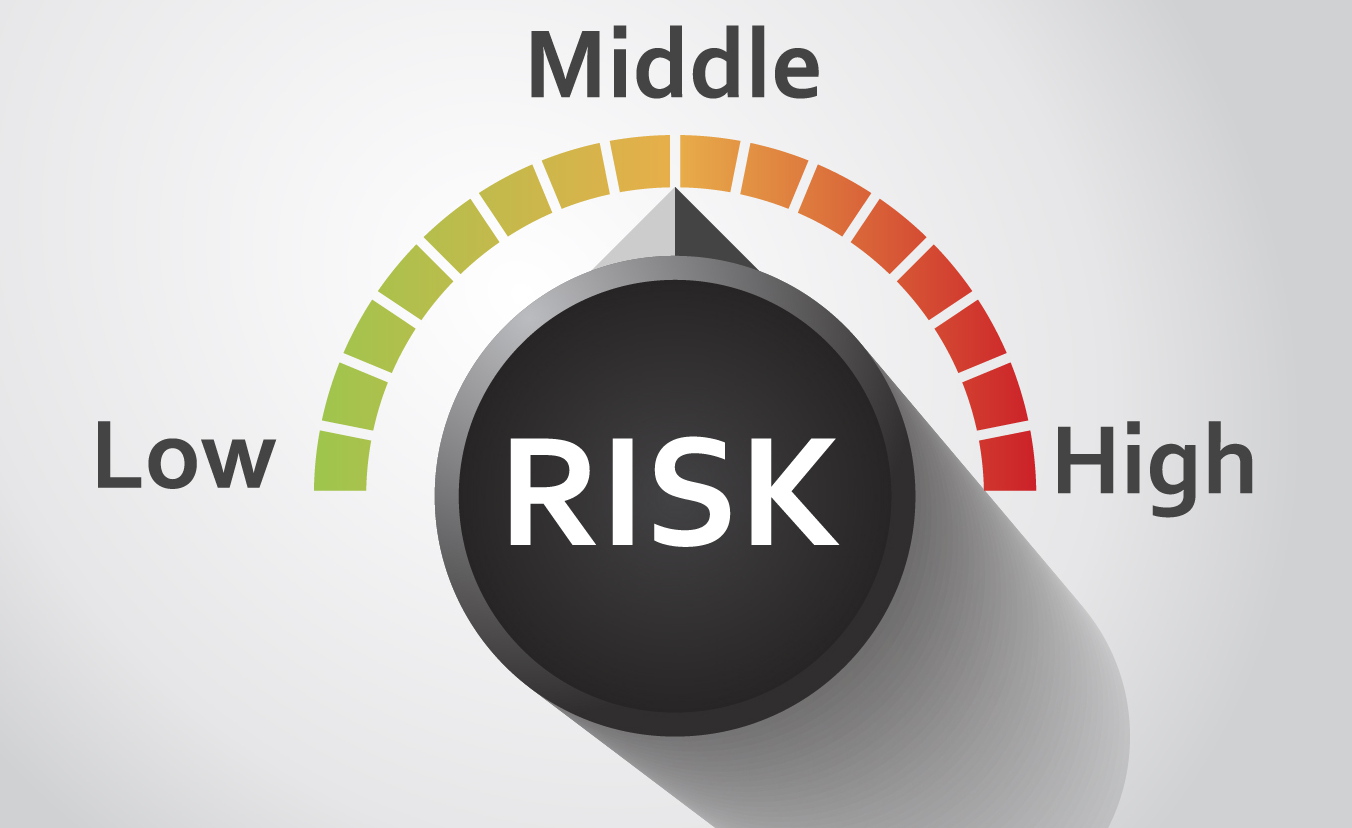Research funding is the lifeblood of scientific discovery and technological advancement. Whether in academia, industry, or government, the allocation of resources to support innovative research has profound implications for progress. However, alongside the promise of new breakthroughs, there’s the ever-present shadow of risk. The central question arises: How much risk is too much in research funding?
In this article, we’ll explore the balance between risk and reward in funding research, the different levels of risk involved, and how stakeholders – from funding agencies to researchers themselves – navigate these murky waters. Along the way, we’ll also reflect on how risk influences the trajectory of scientific discovery and innovation. So, let’s dive in.
The Nature of Risk in Research
Before delving into the specifics, it’s important to understand what “risk” means in the context of research funding. Unlike the risks we typically associate with finance or business, research risk is inherently uncertain. It involves the unknowns of discovery – the uncharted territories where outcomes are unpredictable.
Types of Risks in Research:
- Scientific Risk: This refers to the uncertainty about whether a proposed research hypothesis or approach will yield useful results. It’s the gamble that a theory or experiment will work, and that the findings will be valuable.
- Technological Risk: Many groundbreaking studies rely on new technologies or methods that have not been proven in practice. The risk lies in the possibility that the technology might not perform as expected or may not be scalable.
- Market Risk (for Applied Research): When research is intended to lead to a product, there’s always the chance that the market won’t adopt it, even if the research proves successful.
- Financial Risk: Research is often funded through grants, sponsorships, or venture capital. There is always the risk that the financial investment won’t result in meaningful outcomes, whether due to inefficiencies or unforeseen failures.
- Ethical Risk: Research that ventures into uncharted ethical territories (such as genetic modification, AI ethics, or medical testing) comes with not just scientific uncertainty, but also public backlash and regulatory scrutiny.
The Risk-Reward Tradeoff
In theory, the most rewarding research is often the riskiest. The idea is that those who dare to step beyond the boundaries of the known world – to venture into untested, unproven territories – are more likely to make significant discoveries. However, this same logic can be a double-edged sword: bold ideas are more likely to fail, and failure in research is often costly in terms of both time and money.

The Risk-Reward Tradeoff in research funding is crucial. It hinges on how much risk funders are willing to accept in exchange for the potential payoff of groundbreaking discoveries. Funding agencies, be they governmental bodies, private foundations, or corporations, must evaluate whether the potential benefits of a research project justify the risks involved. This calculus is especially complicated when the odds of success are unknown, or the costs of failure could have serious implications.
Risk Tolerance of Funders:
- Government Funders: Governments tend to favor low- to moderate-risk projects that have a clear path to societal benefit. These funders are often bound by policies that aim to reduce potential public backlash, so they’re more likely to favor “safe bets” – research that has already been tested to some degree or aligns with established strategic priorities.
- Private Foundations & Philanthropic Funders: Foundations may be more willing to support high-risk, high-reward projects. Philanthropic missions often focus on pushing the envelope to solve urgent global challenges, such as climate change, healthcare, or education, where innovation is desperately needed. However, these funders still need to balance their funding strategies with the realities of delivering impactful results.
- Corporate Funders: Corporations typically fund research with a clear return on investment (ROI) in mind. They tend to support projects that can potentially lead to marketable products or services. This type of funding is often more conservative, though some tech companies may be more open to funding high-risk, disruptive innovation.
- Venture Capitalists (VCs): When it comes to venture capital, risk is the name of the game. VCs are willing to take on significant risk in the hope of high returns from breakthrough technologies, particularly in fields like biotechnology, pharmaceuticals, and AI. In exchange for funding, they expect equity or significant returns from successful ventures, though the high failure rate in this field means only a few projects will truly succeed.
How Much Risk Is Too Much?
The question of how much risk is “too much” ultimately boils down to balancing ambition with feasibility. However, the precise answer varies based on several factors:
- Nature of the Research:
- If the research aims to revolutionize an existing field, or even create an entirely new one, the potential payoff can justify higher risks. Think of groundbreaking projects like the development of CRISPR gene editing, where the risks – both scientific and ethical – were enormous, but the potential rewards have been revolutionary.
- On the other hand, research in fields that already have well-established frameworks may warrant more cautious, incremental progress, reducing the associated risks.
- Stage of Research:
- In the early stages, when ideas are theoretical, funders might accept more risk because they understand that the research is speculative. As research progresses and approaches commercialization, risk tolerance generally decreases. By then, researchers should have more concrete data, and funders will require evidence that the project has potential.
- Likelihood of Success:
- Risk is often measured by the probability of success. A project with a high likelihood of success and moderate risk might be acceptable for most funders, whereas a low probability of success but high reward scenario might scare off conservative funders. It’s crucial that researchers can provide sufficient data and reasoning to support their hypotheses and methodologies.
- Impact of Failure:
- The impact of failure must also be considered. In medical or environmental research, a failed experiment might not only waste resources but can potentially harm individuals or the public. In contrast, fundamental research in physics or mathematics may have less direct consequences in the event of failure, although the waste of funding is still a concern.
Decision-Making and the Role of Peer Review
Peer review plays a critical role in the decision-making process of how much risk is acceptable. By evaluating the scientific merit and feasibility of a research proposal, peer review helps to reduce uncertainty and ensure that the proposed risks are well-founded. However, even peer review is not immune to biases. Reviewers may have different risk thresholds, and some may be more conservative than others.
This can lead to Risk Aversion in the peer review process. Many reviewers might prefer incremental research with a higher likelihood of success over audacious, high-risk projects that might yield groundbreaking results but have low chances of success. This creates a situation where high-risk research struggles to get funded, even if the potential benefits are enormous.

The peer review process must find a delicate balance between caution and boldness, ensuring that risky research proposals are given the consideration they deserve without undermining more traditional, lower-risk projects that have a higher chance of success.
Finding a Middle Ground
So, how can we reconcile the desire for innovation with the need for responsible funding practices? The key is to find a middle ground where researchers, funders, and policymakers can collaborate to take calculated risks without jeopardizing the overall stability and future of the research ecosystem.
A Framework for Assessing Research Risk:
- Data-Driven Decision-Making: Funding agencies should use data and metrics to assess the likelihood of success and the potential impact of a research proposal. This can include looking at past research, existing technologies, and the track record of the research team.
- Collaboration and Partnership: High-risk research often benefits from collaboration between institutions, industries, and even countries. Pooling resources, expertise, and knowledge can mitigate risks and increase the chances of success.
- Phased Funding Models: Rather than committing large sums upfront, phased funding allows researchers to demonstrate early success before additional funds are released. This helps manage risk while still fostering innovation.
- Flexible Risk Assessment: Funders need to recognize that risk is not a static concept – it changes throughout the course of a project. What might seem like a high-risk idea at the outset could be validated and refined over time, making it more viable.
Conclusion
Research funding is an inherently risky enterprise. The line between a risky bet and an irresponsible gamble is often difficult to define, but the rewards of successful, innovative research can be game-changing. As the world faces increasingly complex problems, the need for bold, high-risk research is greater than ever. However, the question of how much risk is too much remains central to the decision-making processes of funders, researchers, and policymakers.
The balance lies in careful consideration of the potential benefits against the likely costs. By applying thoughtful frameworks and flexible approaches to risk assessment, stakeholders can foster a research environment that encourages innovation while minimizing unnecessary failure. In the end, a bit of risk is not just acceptable – it is essential for progress.











































Discussion about this post